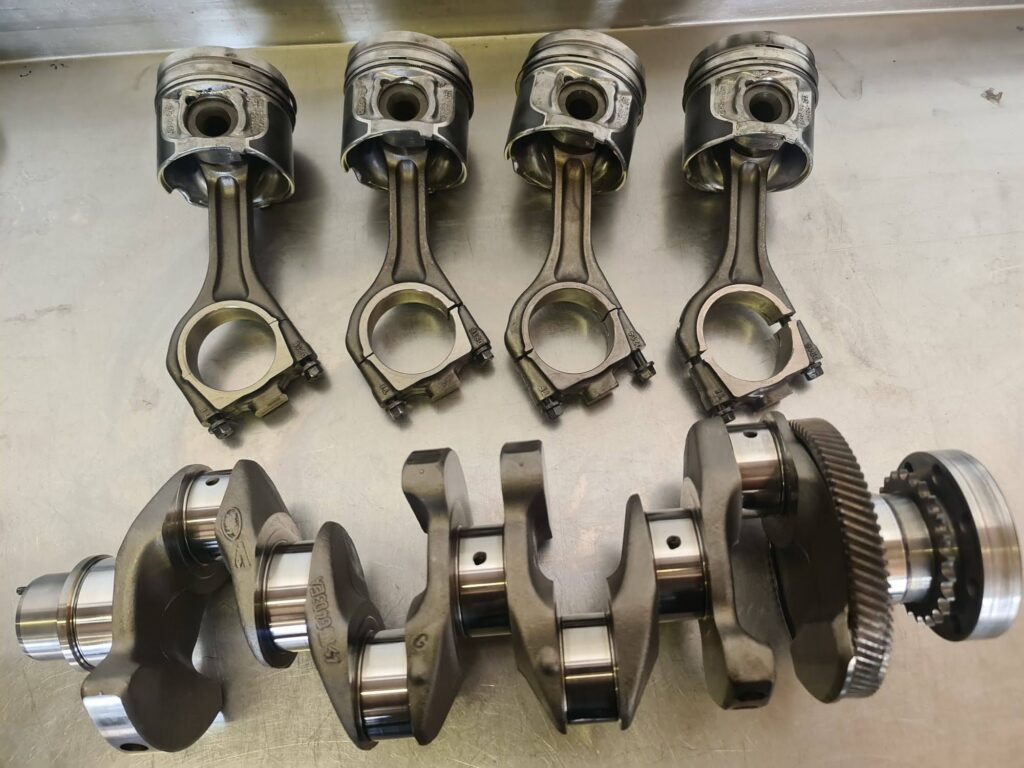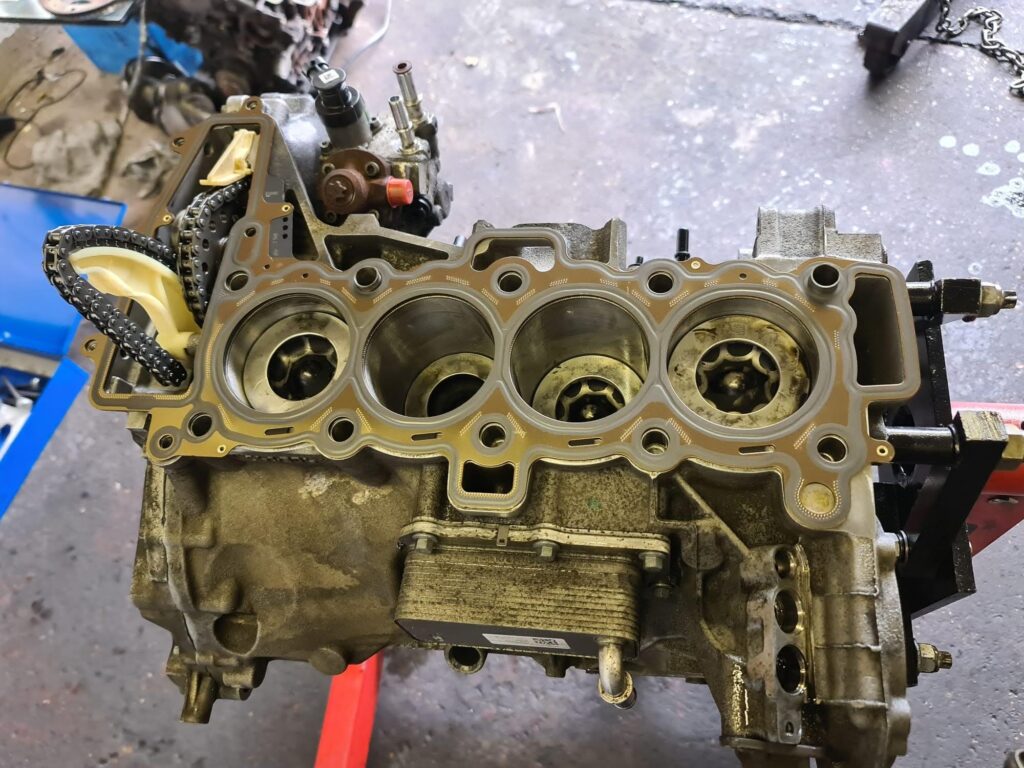Land Rover Engine Rebuild
Engine Rebuilds
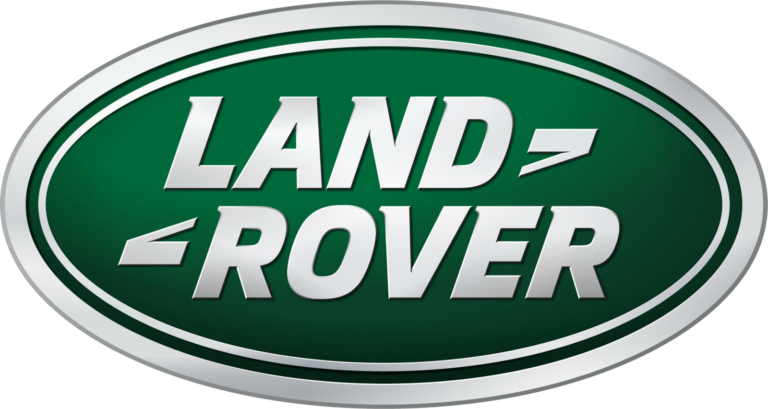
Our Services
Land Rover Engines
Providing professional and high quality Land Rover engine rebuild services including a 1 year warranty with every job. We are able to accommodate most modern Land Rover vehicles however we specialise in the 2.7 TDV6, 3.0 TDV6 and the 2.0 204DTD engines.
At Reconworks we hold stock for most Land Rover diesel engines so we are capable of providing an engine rebuild on these with great efficiency. However we are sometimes able to provide a great reconditioning service on other platforms accordingly because of our great relationships with our quality parts suppliers so get in touch.
ENGINES
Reconworks
Land Rover 2.7 TDV6 (276DT)
Engine Failures
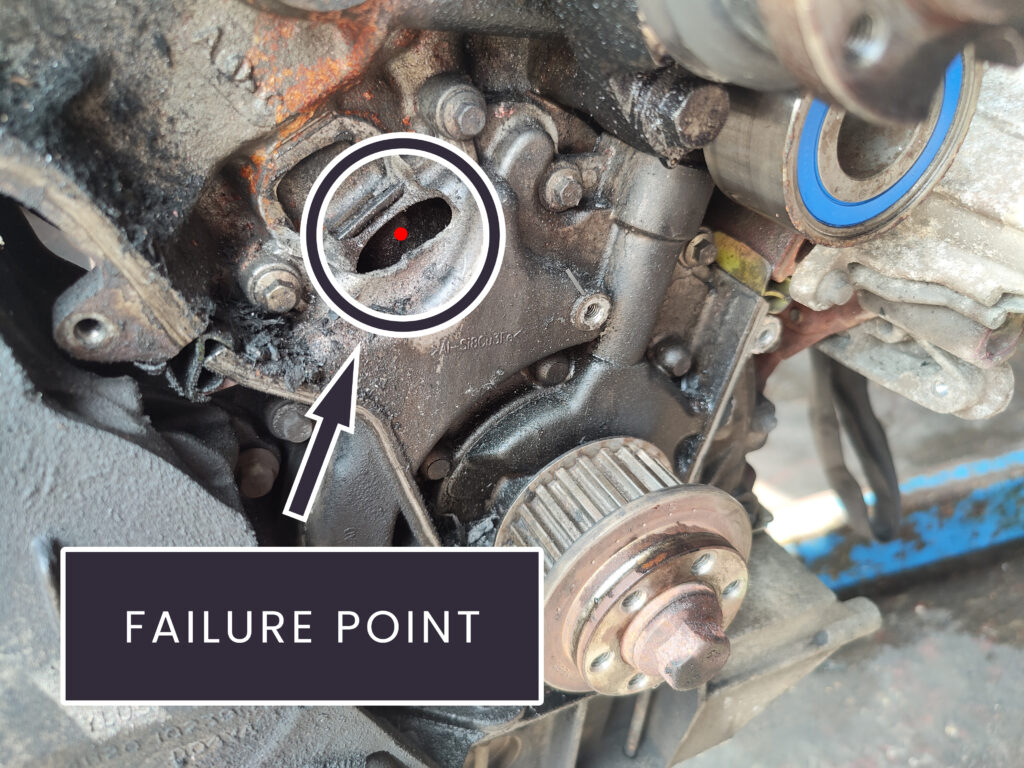

Oil pump failure: One of the most common issues with the Land Rover 2.7 TDV6 engine is a pulley mount located on the oil pump itself. Once this weak point fails it of course causes timing failure. The oil pump fitted to the later 3.0 TDV6 has reinforcement in the weak area so we use this upgraded component every time.
Turbocharger failure: Generally relatively strong components with this platform. However higher mileage vehicles can experience turbocharger failure through wear.
Crankshaft failure: Another common issue with the 2.7 TDV6 engine is a weak crankshaft. Because of the design of the crankshaft it is often the primary cause of failure. A combination of limited material and composition between the rod bearing journal and counterweights creates a weak spot. So once this weak point is stressed it will upset the trueness of the crank causing it to tumble and spin bearings. In some cases the crankshaft itself can even snap into two pieces.
Maintenance: Poor servicing is a contributing factor leading to engine failure. If oil is not changed regularly a build up of particles and debris will build up inside the engine. So this and the change in oil viscosity commonly blocks oil galleries and the pickup therefore leading to failures. Because of this we are seeing the oil pumps failing in addition to turbochargers due to blocked pickup.
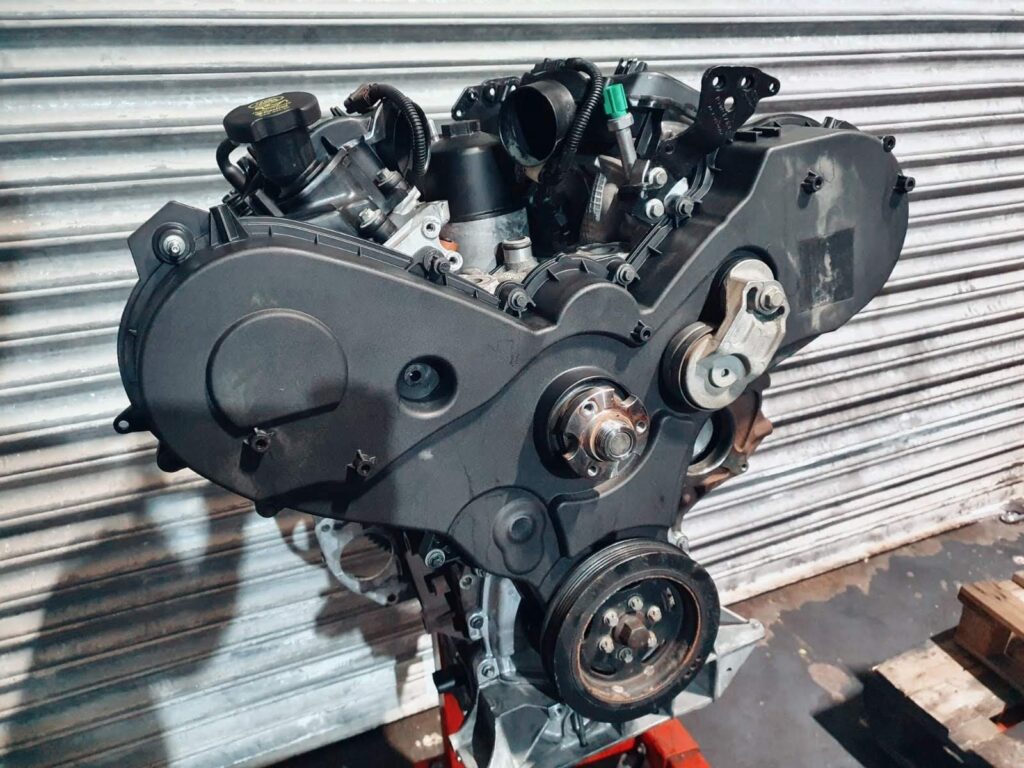
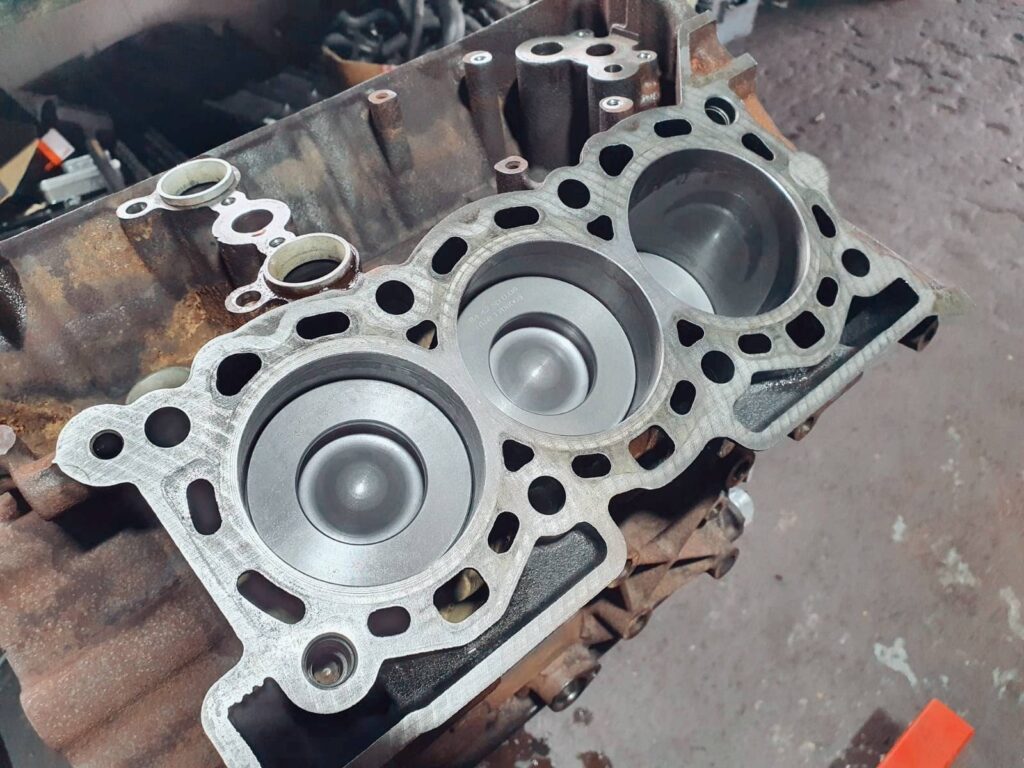
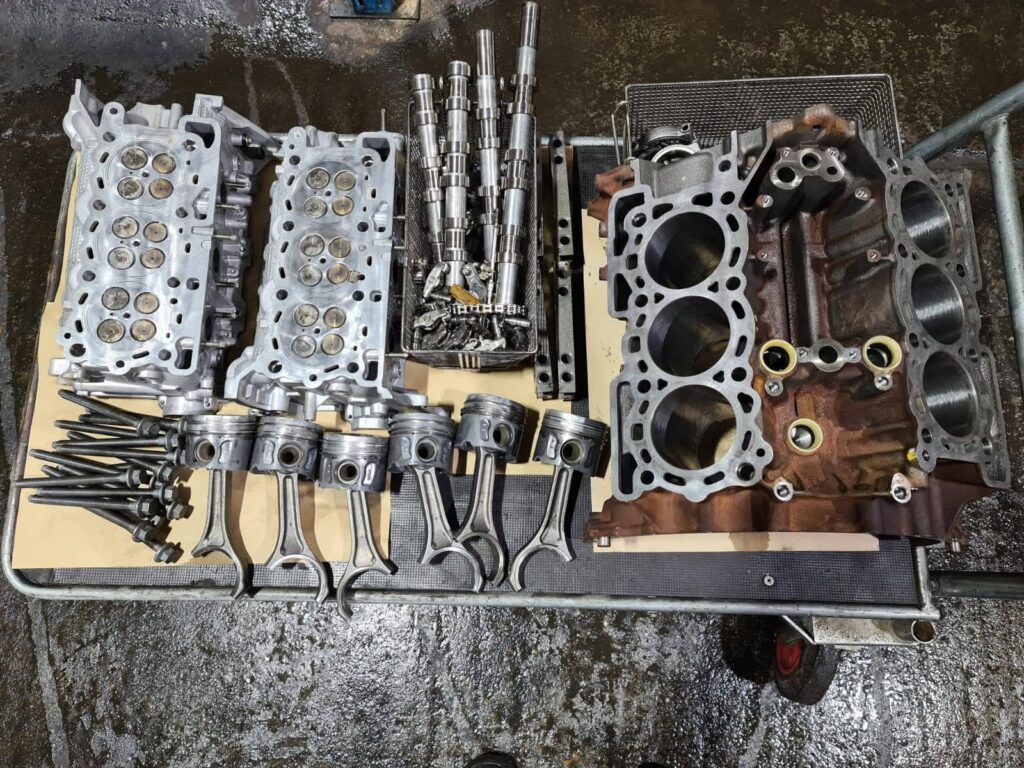
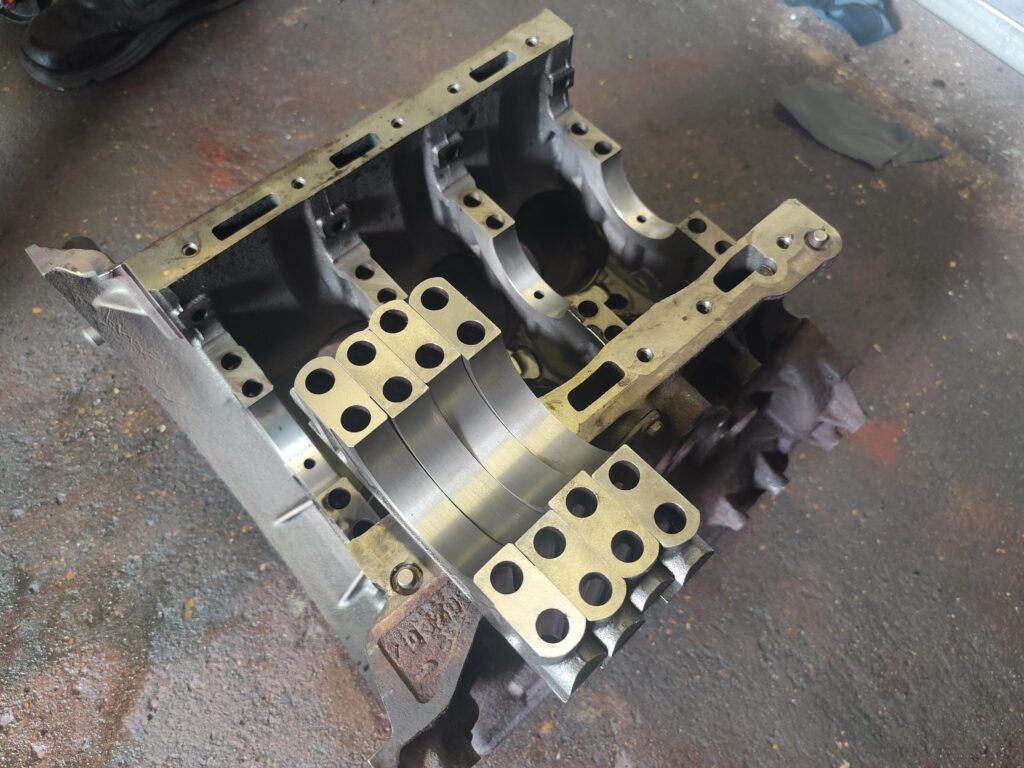
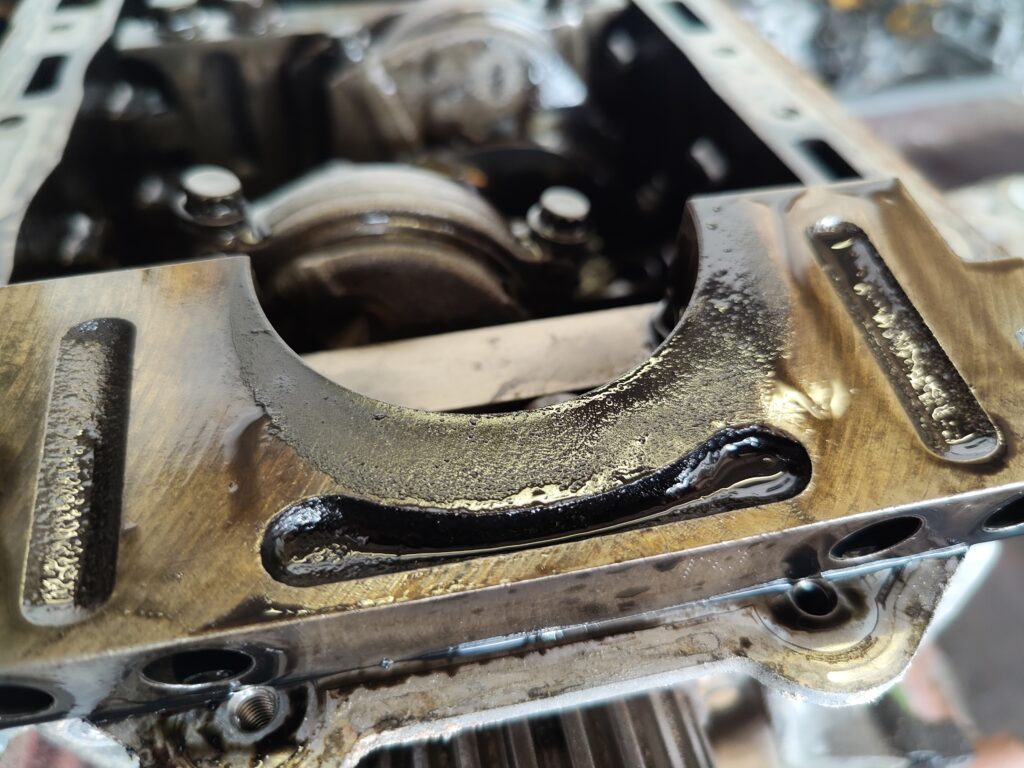
Land Rover 3.0 TDV6 (306DT)
Engine Failures
Oil pump failure: Contrary to information found online the 3.0 TDV6 does not suffer from oil pump failure. The unit is simple and strong in its design and we rarely see this being the direct cause of engine failure. We do find that depending on the failure, damage to the oil pump can occur. However this is usually a secondary consequence.
Turbocharger failure: Generally relatively strong components with this platform. However higher mileage vehicles can experience turbocharger failure through wear or secondary failure as a consequence of engine failure.
Crankshaft failure: Like the 2.7 TDV6 engine the 3.0 TDV6 has a weak crankshaft. However this is more common with this platform and is the primary cause of engine failure. This is due to a combination of limited material and composition between the rod bearing journal and counterweights creates a weak spot. So once this weak point is stressed it will upset the trueness of the crank causing it to tumble and spin bearings often. In some cases the crankshaft itself will snap into two pieces.
Maintenance: Poor servicing is a contributing factor leading to engine failure. If oil is not changed regularly a build up of particles and debris will build up inside the engine. So this and the change in oil viscosity commonly blocks oil galleries and the pickup therefore leading to failures. Because of this we are seeing the oil pumps failing in addition to turbochargers due to a blocked pickup.
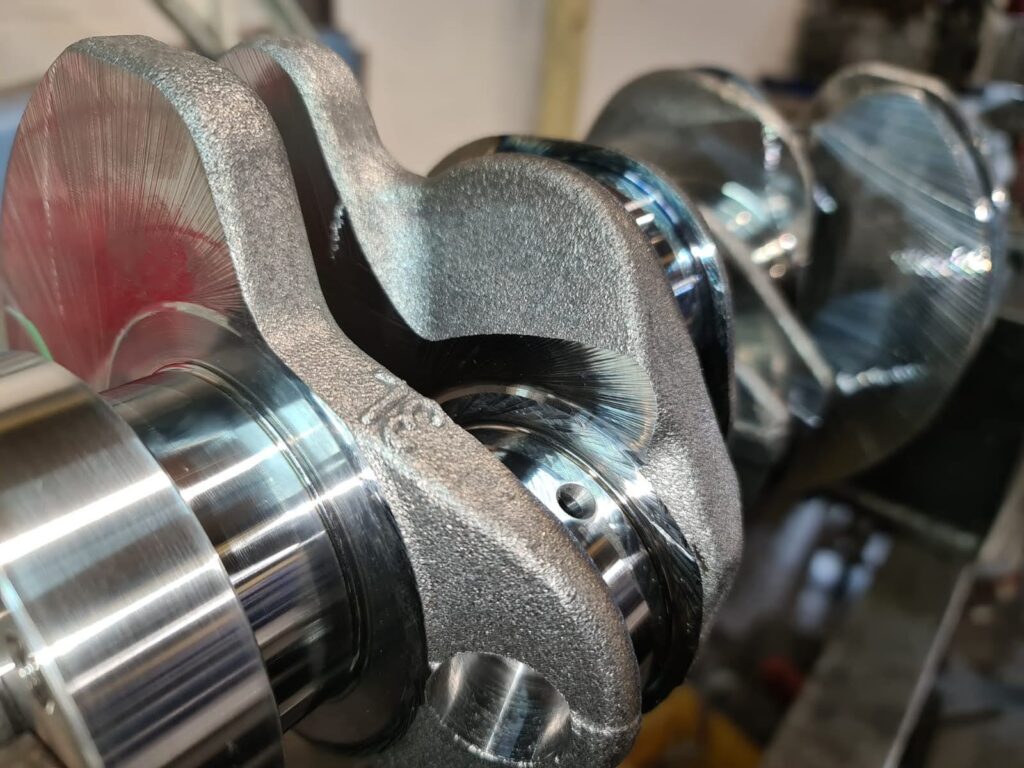
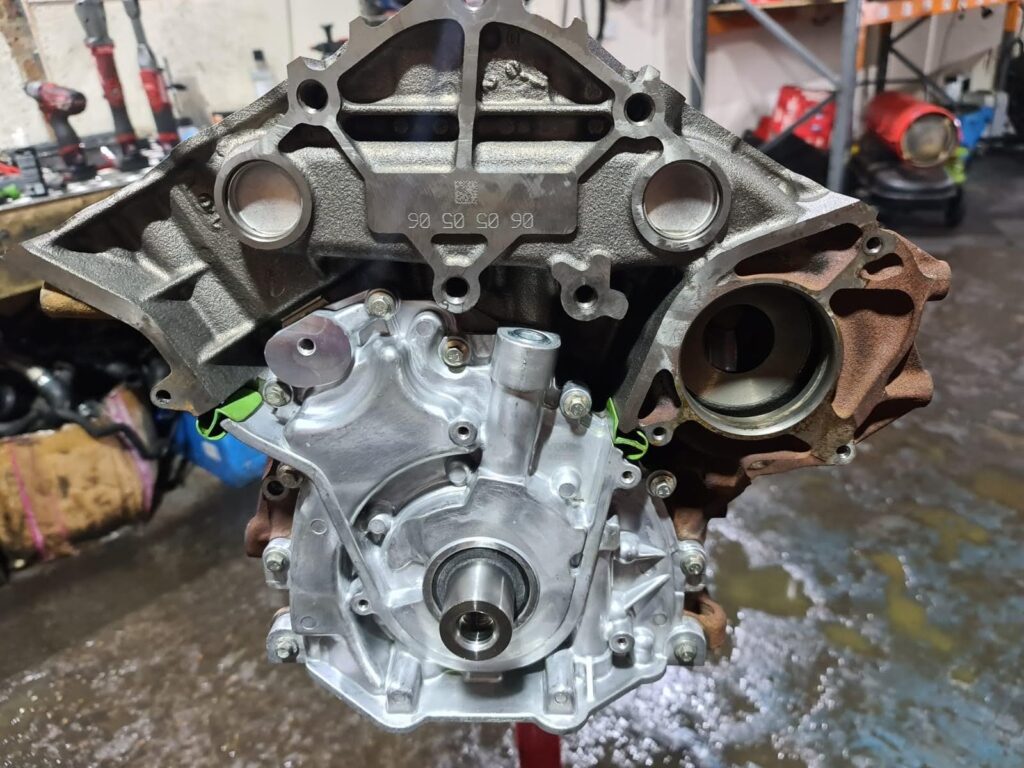
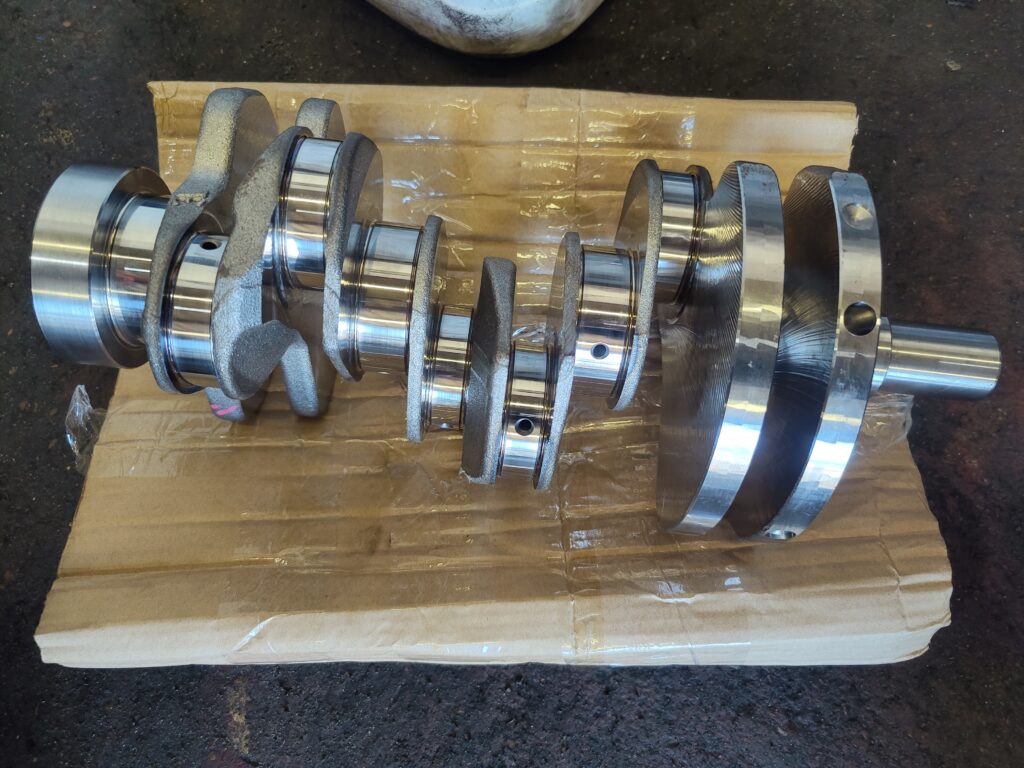
Land Rover 2.0 Ingenium (204DTD)
Engine Failures
Weak Timing
All variants of the Land Rover Ingenium engine have a weak timing system and so it is prone to failing. The guides are constructed of plastic which is worn away over time. The plastic fragments make their way down to the sump and ultimately are collected to the oil pickup, blocking it. So the resulting damage of timing failure is generally rocker arms, camshafts & carrier, valves & stems etc and commonly the turbocharger.
Turbocharger Failure
The turbocharger assembly fitted to the 2.0 D Ingenium engines are very weak and often fail. This is mainly because of the strength of the components used to manufacture it. We are often taking in failed Discovery Sports and Evoques with engine failure being the result of turbocharger component failure. The pass through of oil into the intake results in hydro lock. This is when the piston attempts to compress a liquid (in this case oil) which is not possible. The stress from this interaction has to go somewhere and so the forces are exerted on the next components, the connecting rods. So these are often bent.
Fuel Injector Failure
We have taken in some 2.0 diesels which are knocking. Fuel injectors are known to over fuel so they cause massive damage inside the cylinder. This is due to the injector spraying too much fuel inside the combustion chamber during its cycle before igniting it. The large amount of fuel creates a very high temperature environment subsequently melting, breaking up the piston and damaging the liner.
Crankshaft Failure
This is usually caused by a lack of sufficient lubrication and so commonly it causes spun big end and main bearings. Turbocharger failure when hydro locking and damaging conrods has a knock on effect to the crank and so it often bends it.
Poor Servicing
When completing a Land Rover Ingenium engine rebuild we commonly find a build up of particles and debris inside the engine. This and the change in oil thickness will block the oil pickup and galleries thus causing failures. We see the oil pumps failing in addition to turbochargers due to a blocked pickup.
